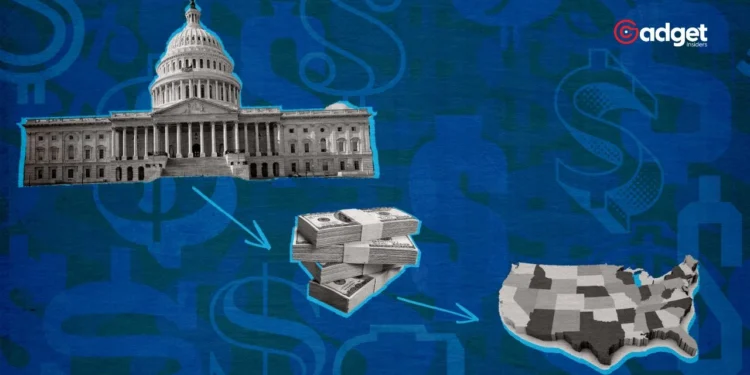In a significant legislative push that could benefit millions, Alaska is taking steps to challenge a federal policy known as the Windfall Elimination Provision (WEP), which currently curtails Social Security benefits for numerous workers nationwide. The initiative, if successful, would notably increase monthly Social Security payments for over 2 million individuals, or roughly 3 percent of all beneficiaries.
The WEP, a mechanism in place to adjust Social Security benefits for individuals who have not paid Social Security taxes due to their participation in alternative retirement systems like pensions, has long been a contentious issue. Specifically, it reduces Social Security payouts for individuals who earned a pension in jobs that did not withhold Social Security taxes, affecting a substantial number of public employees, including teachers and state workers.

The Alaska Resolution: A Path to Equitable Retirement Benefits
In response to the challenges posed by the WEP, the House of Representatives and the state Senate have recently passed Joint Resolution 18 with unanimous votes of 40-0 and 20-0, respectively. This resolution urges Congress to abolish the WEP for those who qualify for retirement benefits under Alaska’s public employee pension programs. According to state representatives, this change is crucial to rectify the disproportionate impact the WEP has had on Alaskans.

State Representative Alyse Galvin highlighted the longstanding negative effects of the WEP, stating it has been a significant issue for Alaskans for far too long.
The resolution’s passage marks a clear demand for a more fair and equitable treatment of Alaska’s public employees in the realm of federal retirement benefits.
Unique Retirement Landscape in Alaska
Since 1979, Alaska has operated outside the federal Social Security system, instead requiring its public employees to participate in a state-specific annuity plan. Alex Beene, a financial literacy instructor, notes that this unique setup has created a complex scenario for those affected by the WEP.
“The switch to a state-run plan has been largely uneventful until the implications of the WEP began to curb the expected Social Security benefits for these employees,” Beene explained.
The pressing issue, as highlighted by Kevin Thompson, founder and CEO of 9i Capital Group, is about maintaining fairness and equity within the system.
“The WEP is intended to balance benefits fairly among those who have paid into both the federal and state systems,” said Thompson.
However, the current implementation may be skewing this balance, particularly disadvantaging those who have not paid into Social Security due to their enrollment in alternative pension schemes.
Looking Ahead: Potential Impacts and Legislative Outcomes
The fate of Alaska’s resolution in Congress remains uncertain. Previous attempts to address the WEP have not yielded changes, and without a clear timetable or commitment from federal lawmakers, the resolution’s prospects are still in flux. Meanwhile, experts like Beene suggest that state’s public employees should prepare for retirement by focusing more on their state pension plans rather than anticipated Social Security benefits, which may remain elusive under the current laws.

If Congress acts on Alaska’s call, the result could be a significant boost in retirement income for thousands of educators and public servants, bringing them closer to the retirement security they have earned and deserve. As the debate continues, all eyes will be on Congress to see if they will adjust the balance of benefits to better serve all Americans, including those uniquely affected in Alaska.










